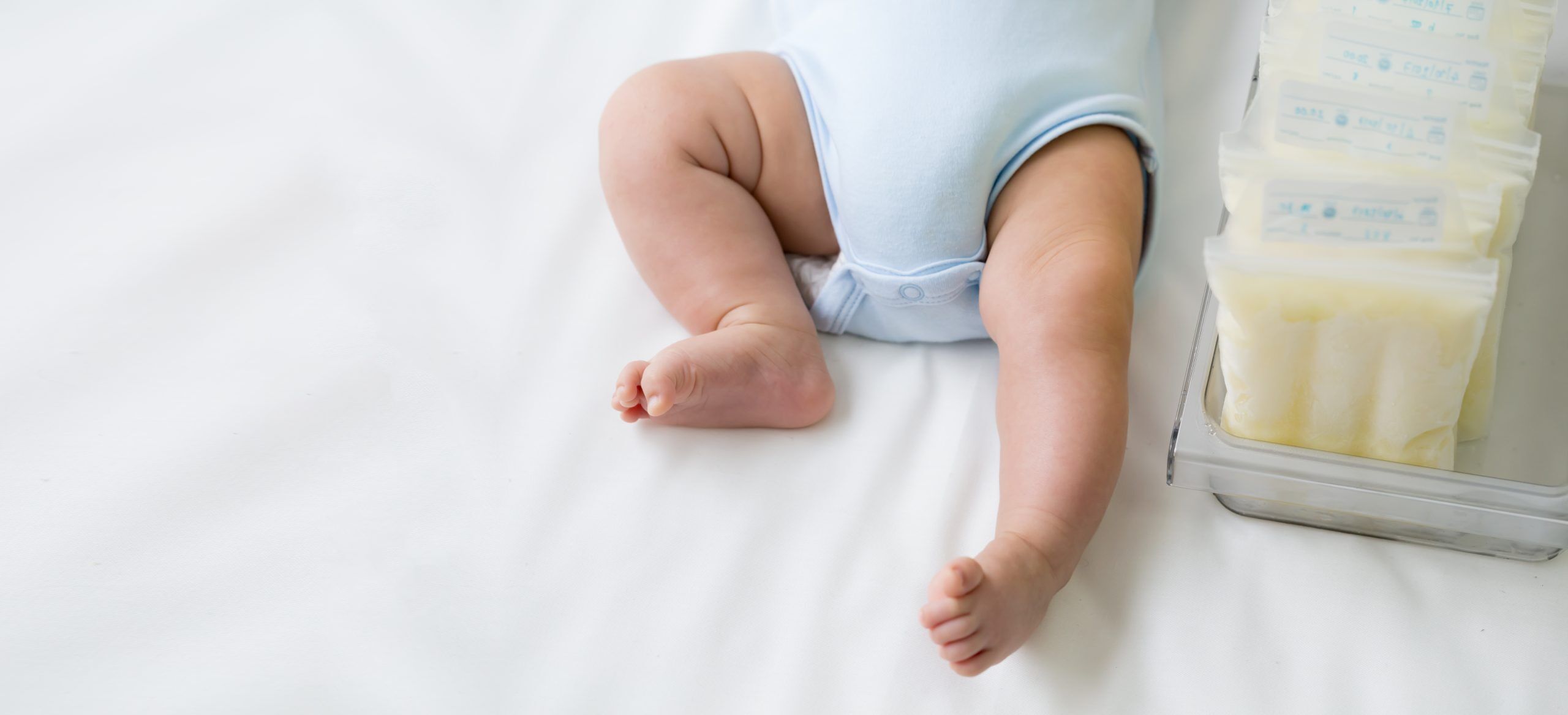
Fast facts:
If you’ve chosen to breastfeed and are expressing or pumping breast milk, it’s important to know how to store it.
Proper storage and preparation of breast milk is essential to your baby’s health.
If you are experiencing challenges with your milk supply, a lactation consultant can observe you and your baby during a breastfeeding session and offer individualized solutions.
Ruth Health offers nearly 24/7 virtual lactation support from Certified Lactation Counselors (CLCs) to provide individualized care on your time.
Here’s an overview of breast milk storage, so that you can maintain the quality and nutritiousness of expressed breast milk.
Proper storage and preparation of breast milk starts before you express or handle your breast milk.
It’s critical to practice good hygiene throughout the expressing or pumping process. Wash your hands thoroughly with soap and water or an alcohol-based hand sanitizer.
If you are using a pump, make sure your tubing is clean and remove any moisture. Never pump with moldy tubing. If you are using a multi-user or hospital grade rental pump, wipe down the pump dials and power switch.
A variety of factors affect how long it’s safe to store breast milk, including milk volume, room temperature at the time of milk expression, and temperature fluctuations in your refrigerator or freezer.
Follow the general guidelines below to ensure proper storage and preparation of breast milk.
If your baby doesn’t finish all of the expressed milk within one feeding, you can use your breast milk again within two hours without refrigeration.
While breast milk can be safely stored in a freezer for up to 12 months, it’s ideal to use frozen breast milk within six months for the best quality. To avoid temperature changes as the door opens and closes, put your milk toward the back of the freezer.
If you don’t anticipate using freshly expressed or pumped breast milk within four days, it’s best to freeze it immediately to preserve its quality.
Refreezing breast milk may introduce a risk of bacteria. It's best to use thawed breast milk within 1-2 hours at room temperature or within 24 hours of being stored in the refrigerator.
Never heat breast milk in the microwave. This can overheat the milk, which can compromise its enzymes and immune properties and is not safe for your baby to consume.
Always use your oldest breast milk first, as the quality of your milk will gradually decrease over time.
Thawed breast milk must be used within 24 hours. The 24-hour window starts when your breast milk is completely thawed, not when it was first taken out of the freezer.
Support from a lactation consultant can be pivotal if you encounter any challenges on your breastfeeding journey. You can also use this support to prepare for breastfeeding even before your baby arrives.
Ruth Health offers nearly 24/7 virtual lactation support from Certified Lactation Counselors (CLCs) to provide individualized care on your time.
Learn how we can help with your breastfeeding journey.
And don't forget to join our community by signing up below!
Sign up for a FREE eBook + 20% off services

Sign up for our free eBook, plus 20% off of your next booking!